Select from our 10 labs
Modular Programs Available
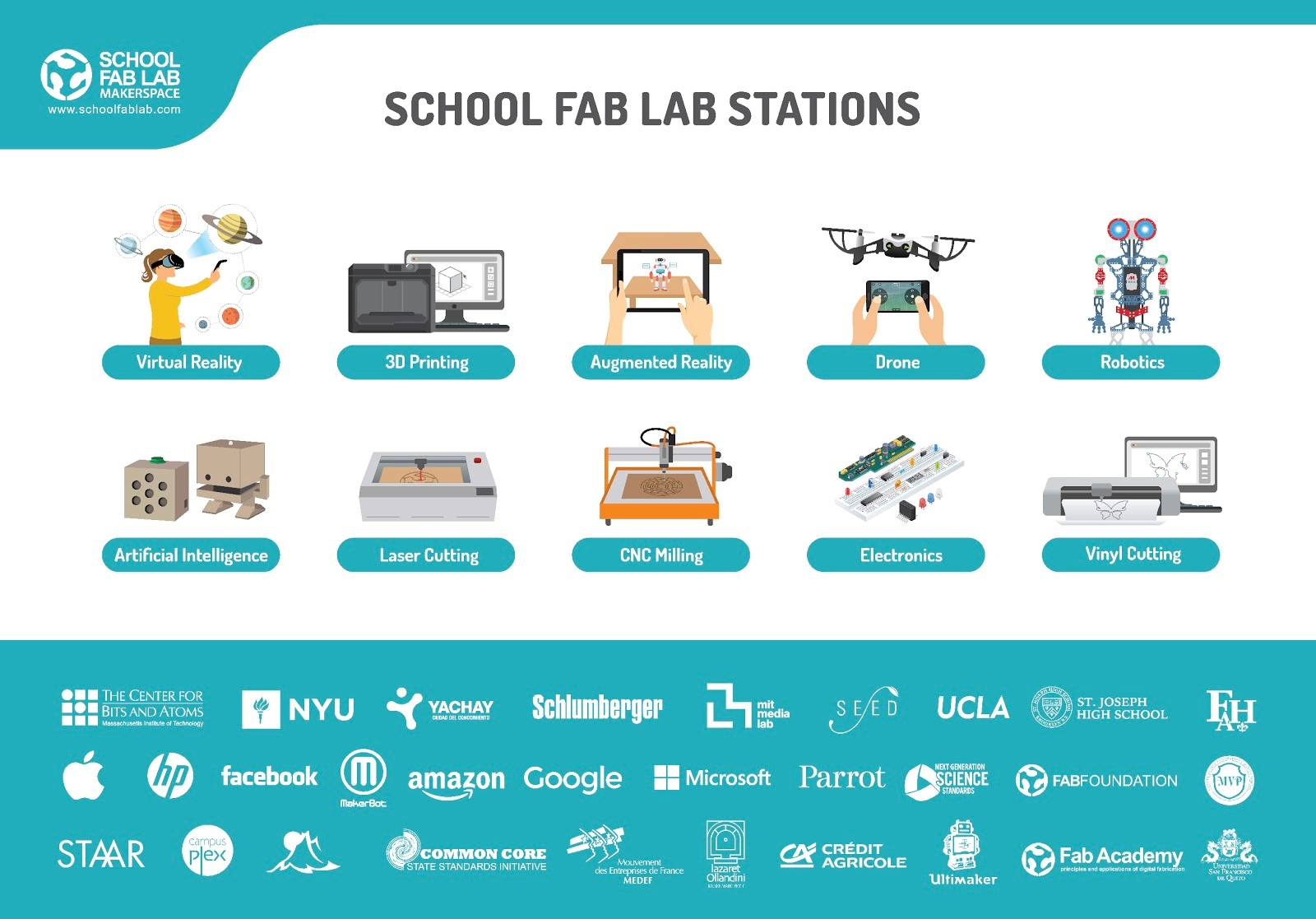

We support schools with programs for hands on project based learning geared towards distance learning.
Helping Educators and Administrators, our online platform includes free apps and workshops for the new school year.
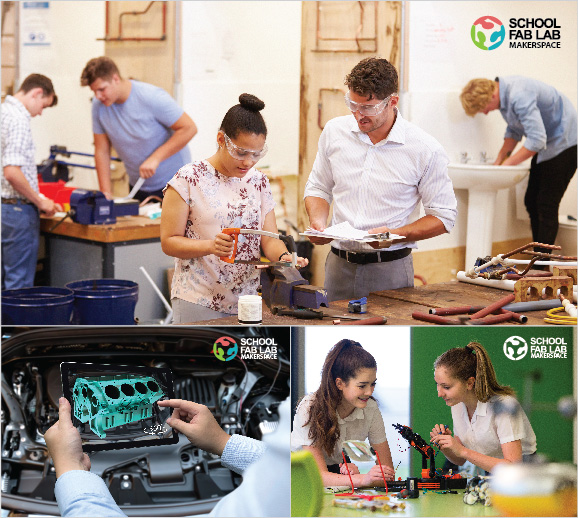
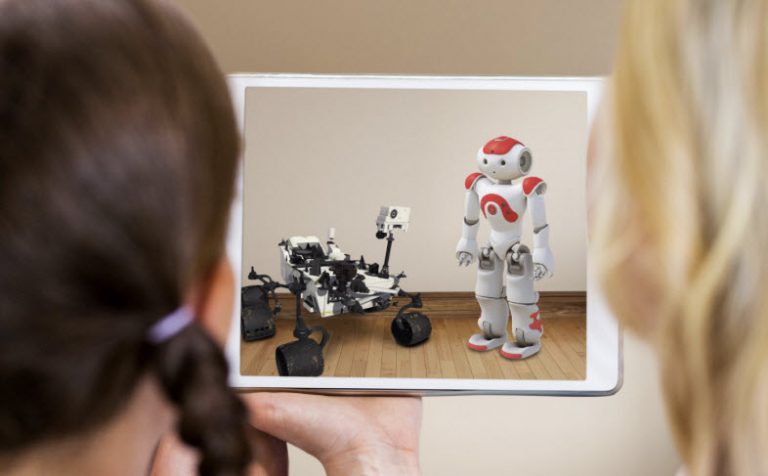
Physical and virtual digital fabrication laboratories can greatly improve the outcome of distance learning and accommodate for spatial restrictions.
Using cutting edge technology such as AI, VR, AR, self driving cars, coding and drone
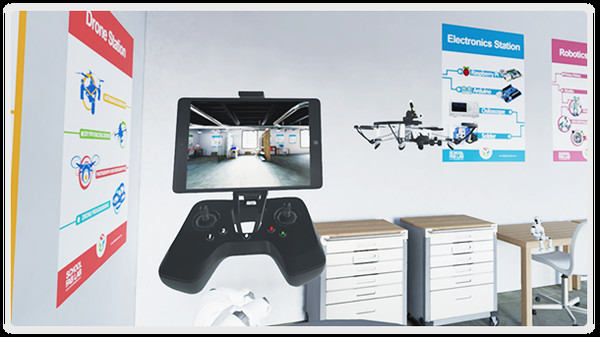
Providing new solutions with Virtual Labs and AR apps to help bridge the learning curve.
We are committed to working with you to provide a package that fits your specific needs.

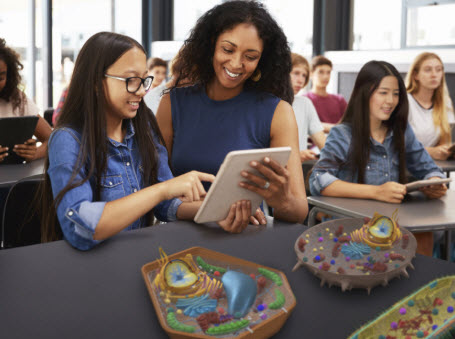
As educators learn what is possible, they can apply these new models of delivery for facilitating communication with their students.
Empowering young women with 21st century job skills in STEAM fields

School Fab Lab Makerspaces are innovation centers designed to inspire youth to learn about 21st-century job skills in Science Technology Engineering Art and Math (STEAM) subjects. We have been working with both male and female students and have been paying special attention to the latter in order to change the dominant mental model. We provide our students with opportunities to participate in project-based learning workshops that use cutting edge technology therefore supporting them in becoming the makers of the future.
While we see progress in improving equality and fair pay for women, a great deal of work is still required to empower future generations of women with skills to break glass ceilings in STEAM fields. We believe that we are providing them with the tools they need to succeed.
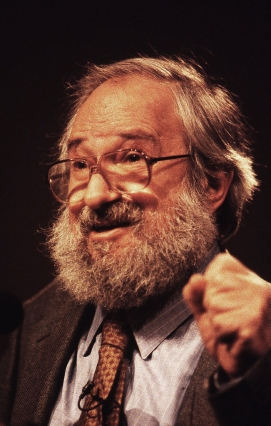
The founder of School Fab Lab, Simone Amber, has spent over two decades working with schools to provide students with greater opportunities for successful careers. While a senior executive at Schlumberger she founded SEED in 1998 that served over 1,000 schools in 44 developing countries bringing cutting edge MIT technologies in disadvantaged communities. It all started in 1993 with a close collaboration with Seymour Papert co-founder of the MIT Media Lab who created the constructionism approach to education. Later on working with Professor Neil Gershenfeld Director of the MIT Center for Bits and Atoms, she developed a program that uses project-based learning methods combined with the Fab Lab model.
Partnering with Nader Shaterian they created the School Fab Lab Makerspace program to provide high school students with skills to allow them to succeed and adapt to the fast changing world of technology and new jobs creation.

Working globally with SEED then building Fab Labs in Russia, Ecuador & France and finally installing School Fab Lab Makerspaces in the US and Ecuador she has been relentlessly encouraging and supporting young women in choosing a career in STEAM.
School Fab Labs have been operating in schools for 3 years, we have been working closely with teachers offering them professional development then we integrated together these technologies into the curriculum. This collaboration allowed us to take this program to the next level.
What is a School Fab Lab Makerspace?
A gateway to tomorrow for the students and teachers of today, with a program of project-based learning for schools that includes:
- A Fab Lab Makerspace with work stations for physical and virtual fabrication
- Development of essential 21st century work skills
- Science, Technology, Engineering, Art and Mathematics (STEAM) emphasis
- Constructionism methodology for maximum student engagement
- Professional development and support for teachers
The Constructionism theory was developed by Professor Seymour Papert at MIT Media Lab. The Fabrication Laboratory (Fab Lab) was created by Professor Neil Gershenfeld at MIT’s Center for Bits and Atoms.
